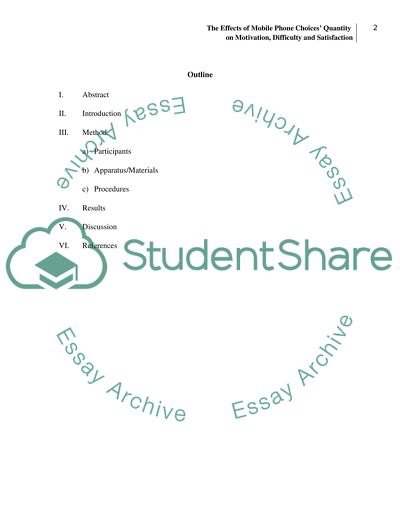Cite this document
(“The Effects of Mobile Phone Lab Report Example | Topics and Well Written Essays - 1750 words”, n.d.)
Retrieved from https://studentshare.org/psychology/1586951-the-effects-of-mobile-phone
Retrieved from https://studentshare.org/psychology/1586951-the-effects-of-mobile-phone
(The Effects of Mobile Phone Lab Report Example | Topics and Well Written Essays - 1750 Words)
https://studentshare.org/psychology/1586951-the-effects-of-mobile-phone.
https://studentshare.org/psychology/1586951-the-effects-of-mobile-phone.
“The Effects of Mobile Phone Lab Report Example | Topics and Well Written Essays - 1750 Words”, n.d. https://studentshare.org/psychology/1586951-the-effects-of-mobile-phone.


